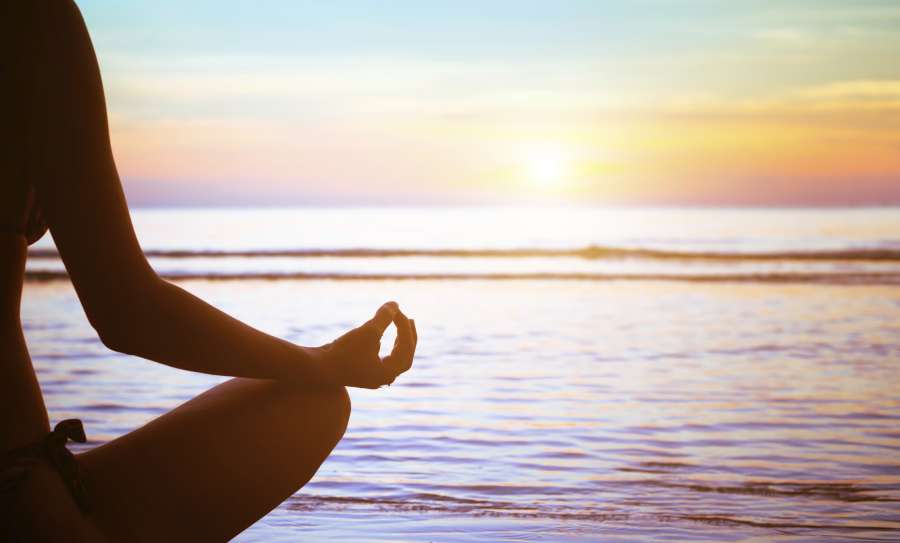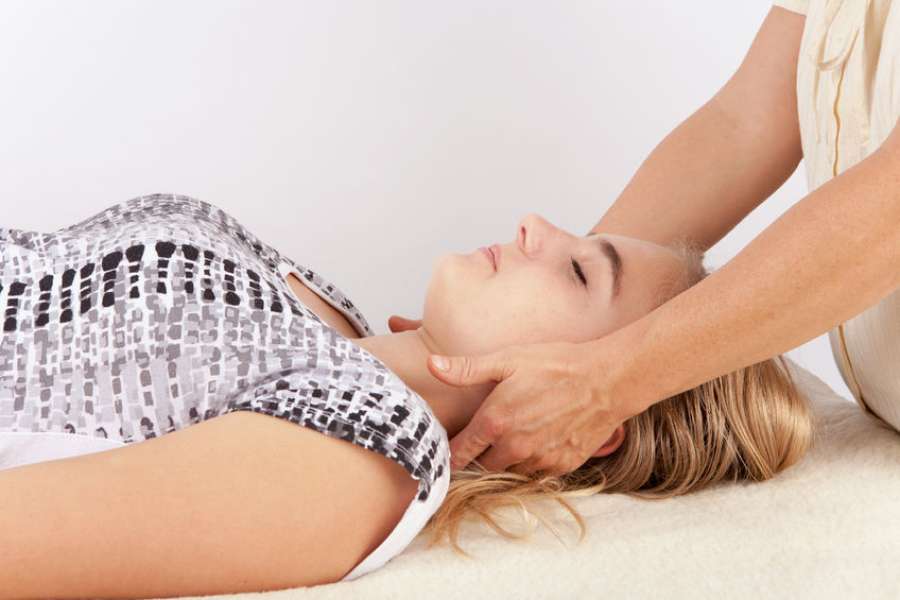In Conversation With… Stewart Pearce
June 24th, 2019
Thank you for taking the time speaking with us Stewart.
If you met someone at a party and they asked ‘what do you do?’, what would you tell them?
It depends who they are! In many ways it’s quite difficult to talk about what I do because I do so many different things that have just organically grown, evolved and burgeoned over the last 45 to 50 years of working as a professional.
Essentially I do three things – firstly I work as a spoken voice coach and am employed by theatre companies and leading actors, dealing with whatever their needs are – which is sometimes managing stress but also intuitively helping with their creativity.
Secondly, over the years I have had the great food fortune to have been claimed by some very significant personalities in the public domain, particularly in the field of politics and rulership. I am working with two leading politicians at the moment in this country and someone in the United States who is running for Democratic nomination as US president. I take the craft skills of the great actor into the field of public presentation, dealing with vital issues in our public communications such as transparency, honesty, integrity and sustainability. Authenticity is the key because when we are authentically tuning into our note, our essence, our centre – ‘the soul of our persona’ – then we automatically make a mark – we have a ‘mojo’ or unique identity which is then being expressed. If we move into the field of obfuscation and fake news then obviously our authenticity is immediately blurred and dulled. We just have to look around to see that everywhere, and so vital decisions aren’t being made and there is a great deal of confusion, conspiracy and obfuscation.
Thirdly I’m a mystic! All my life I’ve been aware of the multidimensional universe – as a child I saw spirit and I spoke about what I saw. I soon discovered however that most people didn’t see it, and I seemed to evoke disapprobation from people so I shut up – literally – for three years. I self-muted. And so I listened, and I watched, and I found immense stillness within, even though I was very young – which allowed me to feel the interconnectivity and the non-separation within Source – and I’ve been trying to teach that ever since. So the work on that level is about the metaphysical nature of healing and how healing is a movement back to wholeness – physically, mentally and spiritually. My particular interest is sound because I believe fervently that it is at the core of creation and that we each have within us a sound, a note or a harmonic that is absolutely authentically, indivisibly ourselves.
Your workshop at The Isbourne in September, ‘The Voice of Love’ is about finding this true voice
The ancient Greeks and Romans called it ‘persona’ from which we derive ‘personality’, by which we sum up someone’s status, their fabric, their essence. But ‘Per Sona’ literally means ‘through sound’ so the whole essence of our being is communicated through our sound, our voices. Today because we are surrounded by the noise of machines and the noise inside own heads so we very rarely have full consciousness or mindfulness that our voices can be instruments of profound love and essential caring.
Tell us a little more about your journey to being who you are today
I had a slightly unusual childhood in that my father worked for the Royal Family as a high-ranking servant so I was surrounded by awe and wonder and beauty, but the confusion in my own being was why other people did not experience such awe, and respect for it. There was a degree of innocence still around in the post-war years – my brother and I spent hours and hours playing alone in Green Park, something you wouldn’t dream of doing today.
Later on, sex reared its head so I ‘crashed into my body’ and tried to learn the ‘three-dimensional’ language of the physical world because the language I had was a metaphysical, metaphorical language. I couldn’t read before the ages of 12-13. I learnt to read through singing, not through speech – in other words I learnt to read through flow. I was branded educationally subnormal but in fact I was a synaesthete – I was seeing sound. I had this crossover of the senses. I was also numerically dyslexic so computation was very challenging. Therefore I was of great concern to my teachers, and the old style of discipline then was that you beat a child rather than try and initiate a different form of conversation. I was basically told I was nothing and would always be nothing. I thought ‘Oh God, that’s a bit bleak!’ but at the same time when my voice broke people kept saying ‘there’s something about your voice’ – and that was the first time there had been any approbation coming in my direction so I went towards it – I ‘saw the glowing light’ around it. The wheel of fortune turned and I then fell into a drama club at high school and people said ‘Oh my God you’re an actor!’ So I became an actor and continued through the 1970s as such.
At the end of the 1970s I was living in America on tour with the Royal Shakespeare Company and got my first big break – a movie. As I was about to move from New York to Los Angeles to make the movie the telephone rang and it was my brother calling from the UK asking ‘Are you sitting down? Mum’s got terminal cancer and has three months to live’. I came back to the UK and I nursed her for a year until she passed. We had a very extraordinary relationship – a very powerful soul bond, and that was a huge turning point for me because in those processes of looking after her death my third eye opened and I began to see again the things I saw as a child which I had switched off from and that was when magic started happening. I was approached by the Voice Director of the RSC who asked me to work with her. She mentored me and I became a voice coach, then Head of Voice at one of Britain’s leading conservatoires. I worked with Margaret Thatcher and many more luminaries. I also introduced into the world sonic meditation, where we chant tones or sacred mantra, and have produced a number of award-winning recordings that centre around the ‘Om’.
So childhood was not easy but at the same time I reflect on it now with a healed mind, a more ‘wholey’ mind much better equipped for what ‘living in 3D’ is all about but remembering that I am a spiritual being having a human experience, part of the indivisibility and the inseparability of Source – and that love is all there is.
You’ve turned what was perceived to be weaknesses into great strength
Yes, and of course the wounds are still there but they no longer bleed. Like all of us I feel fear and like all of us I feel insecure but now I have my practice, which is very profound. Using the disciplines of devotion, discipleship and dedication I bring myself back to the muscle of reconnecting with Source.
So you have a regular form of spiritual practice?
Yes, meditation. I meditate twice a day. In the morning it’s normally a chanted meditation and then prayer, and in the evening it’s generally speaking a passive meditation where I use pranayama to recover and to enliven myself with light, bearing in mind that the day can often be quite taxing in terms of the energy demands placed upon one.
What inspires you?
Wonder. Beauty – and the extraordinary nature of love. Love leads to miracles, and I’m inspired by miracles and magic. It’s all about wonder – absolute wonder. Right now I’m looking out of my study window at a tree, and this tree fascinates me. It’s an ordinary London Plane but it’s in bud – how does that happen? Nobody stands beside it and shouts ‘Grow!’ at it. It’s just the miraculous nature of the universe. And the more we can find the stillness to observe this reverence the better and more mature we become, our problems are eased, we are healed.
Are there any other ways in which you relax?
I love walking – it’s a daily exercise. I live in two cities, London and New York and I don’t have a car. If I need a car to travel out I hire one. I walk everywhere – it’s an immense pleasure. I am very fortunate with my friends – they are extraordinary. My friends are one of my chief recreations, or points of ‘re-creation’. I love conversation – sounding my feelings and thoughts and engaging in very meaningful, profound conversations about how we can bring about change. It’s about finding ways of engaging in reciprocal agreement – there’s a profound honouring in you saying something and I listen, then there’s a moment when you give me permission to respond and vice versa.
Our social intercourse is so competitive today so we tend to crash into each other as we are much more interested in saying what we have to say than listening to the other person. Listening is crucial. Much of these awarenesses have come to me from watching great actors over the years make old words credible. They listen with immense integrity to what is being said because at the core of great acting is that reciprocal relationship, it’s all based on relationship – you say something then I respond positively.
That’s fascinating, because one often thinks of actors as projecting or emoting and it’s all radiating out from them
Yes, I feel that an old style of acting – it was declamatory, it was very much about the superficiality of oratory. Today it’s very different, largely as a result of the large and small screen – the core of great acting is the truth of feeling and so we examine the paradox that acting needs ‘doing’ but the last thing is that the actor needs is to ‘do’ – they need to ‘be’. So it’s about really addressing the soul, the essence, the inner being of stillness.
So there’s a wonderful link between acting and your more holistic work
How can I have a leading actor become a vibrating vessel on stage that commands the awe, the respect, the interest, the love of 2,000 people? In the acting world I try to create what I describe as ‘the magnetic voice’ – we literally upcharge all the physiology of our body so that it becomes a major resonating chamber that is totally magnetic, absolutely spellbinding, so that you can hear a pin drop. You see that the audience is suddenly at one with the actor, so the audience becomes whatever the drama is, and therefore catharsis is reached. That’s what we did at The Shakespeare Globe for years – it was extraordinary. I was part of the reconstruction of The Globe Theatre in the early ’90s and then stayed on as Master of Voice for twelve or so years. We had the great Artistic Director Mark Rylance and in our conversations we would enter into those imaginal states of being where fundamental questions are asked.
What’s next for you? Do you have any plans or projects in the pipeline?
I’m pioneering a book about the last two years of Diana’s life, Diana, Princess of Wales. She asked me to work with her for those last two years. We didn’t know it was the last two years of course but then her lamentable death happened. The book is called ‘Diana, the Voice of Change‘. I feel that she’s very much around in spirit, and is asking for this to be brought forth, to share with women around the world the processes that she went through to help her with her transformation during the time when she stepped out solo after the divorce from Charles and became the most photographed woman in history – when she became the iconic representation of the Divine Mother with all her unconditional love.
The work I did with her was literally to encourage her to enhance that empathic vulnerability that she had all her life but which was denied by the social systems around her – including the educational world that says you’re not supposed to have vulnerability. We’re really waking up now and recognising that vulnerability is true strength. Brené Brown’s TED talk on vulnerability is the most clicked-on TED talk ever – millions of people have watched it. This is many years on from the work done by the pioneering soul that we call Diana, who was a very remarkable change-bringer.


